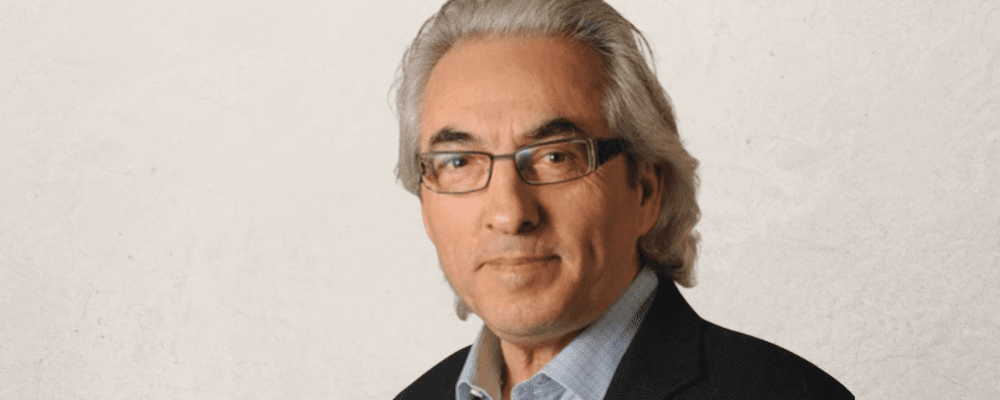Keynote Speeches
Organizations need well trained local people. First Nations people need the jobs. Improved education and skill levels of the local work force will enable the corporate community to reduce dependence on foreign workers and increase local knowledge in operations…knowledge that can save time, effort, frustration and money. We need to work together and close the knowledge gap. The educational institutions that First Nations youth attend are either First Nations or provincially-run. We need to work together on curriculum, facilitating educational growth for individual students and making a stronger link between labour force needs and available training.
When non-First Nation people were rushing to the goldfields of their dreams during the Yukon Gold Rush, Indian children were being ripped away from their families and communities and herded into residential schools by the thousands – in a vain attempt to make them into something they were not. The famous words of the Minister of Indian Affairs, Duncan Campbell Scott, were seared into their collective minds – “If we can’t kill the Indian, we can kill the Indian in the child.”150 years later, Phil Fontaine orchestrated the largest settlement in Canadian history…..for this, the largest human rights violation in Canadian history. First Nations need to break the chains of dependency and despair; empowering them to revitalize their languages and cultures; empowering them to participate and prosper in the Canadian economy; and empowering them to be proud once again of what it means to be an Indian
Phil argues we must take the initiatives now to create opportunities for this generation, and for our children, in order to break the cycle of poverty and despair that seems to grow worse each day. Although the natural resources sector has made Canada one of the wealthiest countries in the world, it has perpetuated some of the worst poverty. If the distribution of that vast wealth was fair and equitable, First Nations from whose lands and territories the wealth is generated, would not be so poor. We have not received our fair share, and that has to change.
Everyone is finally accepting that global warming and serious environmental degradation must be addressed. We can learn from the experience and approach of our First Nations people. First Nations people, especially those who live in the North, are the veritable canaries in the coalmine for global warming. They are among the first to feel its effects and have been sounding warning bells for years about depleting fish stocks, caribou herds and more. The bottom line is that good economic development must support human development – it has to work for people – it has to respect human rights – it has to be responsible about the environment, about nature itself.
As former National Chief, Phil Fontaine was a dedicated and highly respected leader in Canada. He was instrumental in facilitating change and advancement for First Nations people from the time he was first elected to public office as Chief, at the young age of 28. Hear Phil Fontaine’s inspirational story of courage, tenacity and bold representation of his local community and his people all across the country.






Similar Speakers 123